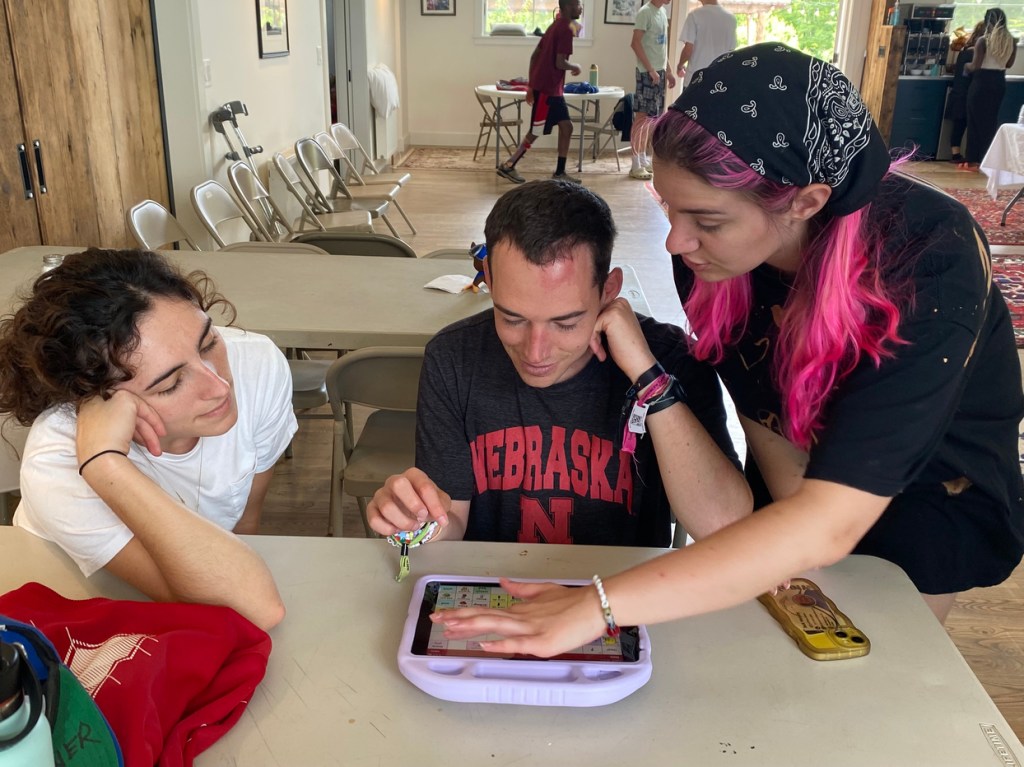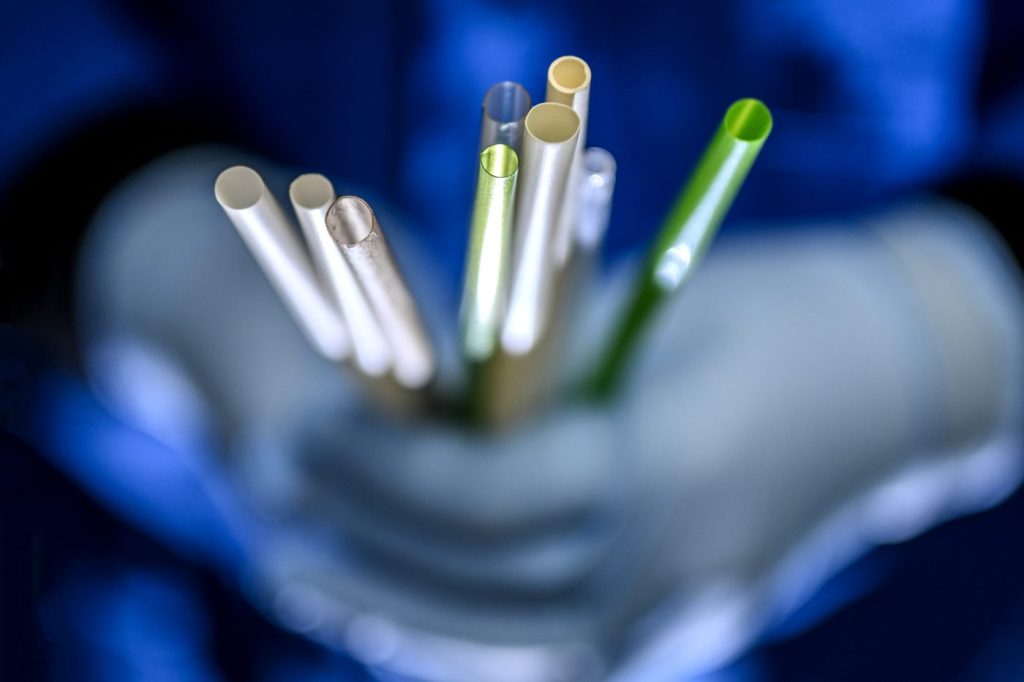More than 100 research groups will feature their work at Northeastern’s Showcase of Opportunities for Undergraduate Research and Creative Endeavor
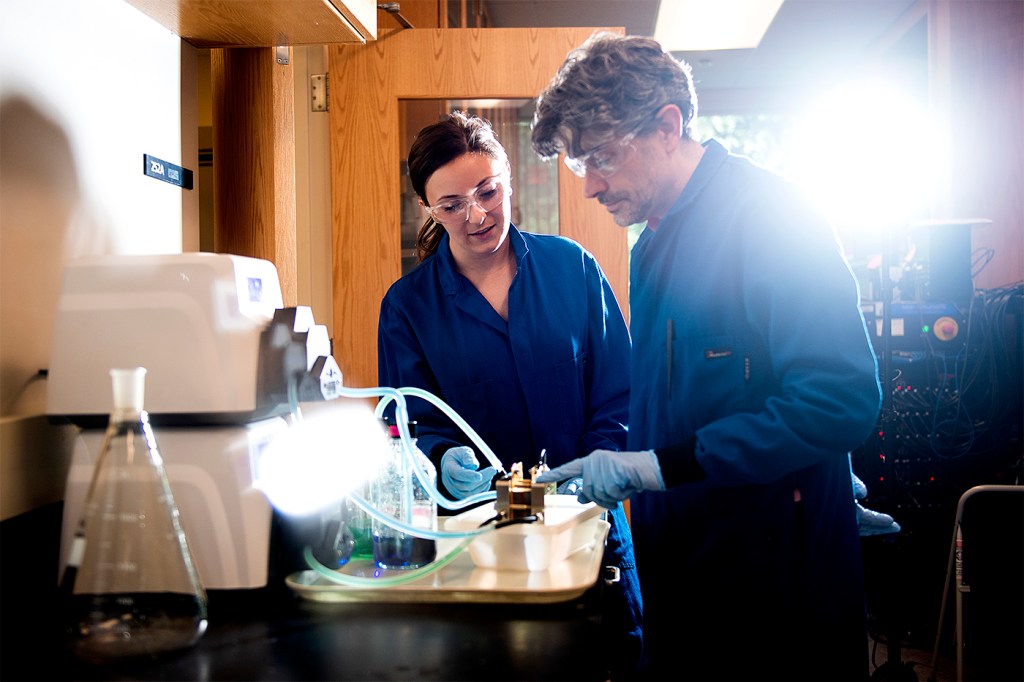
Sofia Catalina always knew her future was in sustainability and renewable energies. In 2013, her project to decrease paper use in her high school cafeteria won her a trip to meet Vice President Al Gore at a leadership summit in Costa Rica.
Now, five years into her chemical engineering major at Northeastern, she works in the electrochemistry lab directed by DiPietro Assistant Professor Joshua Gallaway, improving batteries to harness the true power of renewable energy.
Similarly determined, Taylor Trail studied the implications of mental health stigma within Jamaican communities in summer 2019. A fourth-year finance major and the first in her Jamaican family to be raised in the U.S., Trail grew up observing how mental health stigmas affected her community.
Trail says her research started with an exciting idea that she decided to explore with the help of Alisa Lincoln, an interdisciplinary professor of sociology and health sciences who directs the Institute for Health Equity and Social Justice Research at Northeastern.
Lincoln will be presenting her work on the sociology of health at an event designed to connect students with frontier research: the Showcase of Opportunities for Undergraduate Research and Creative Endeavor. Gallaway will also be there to present his work on electrochemistry.
They will be among more than 100 other research groups from across Northeastern showcasing their research Wednesday night from 6 to 7:30 p.m. at the Curry Student Center on the Boston Campus.
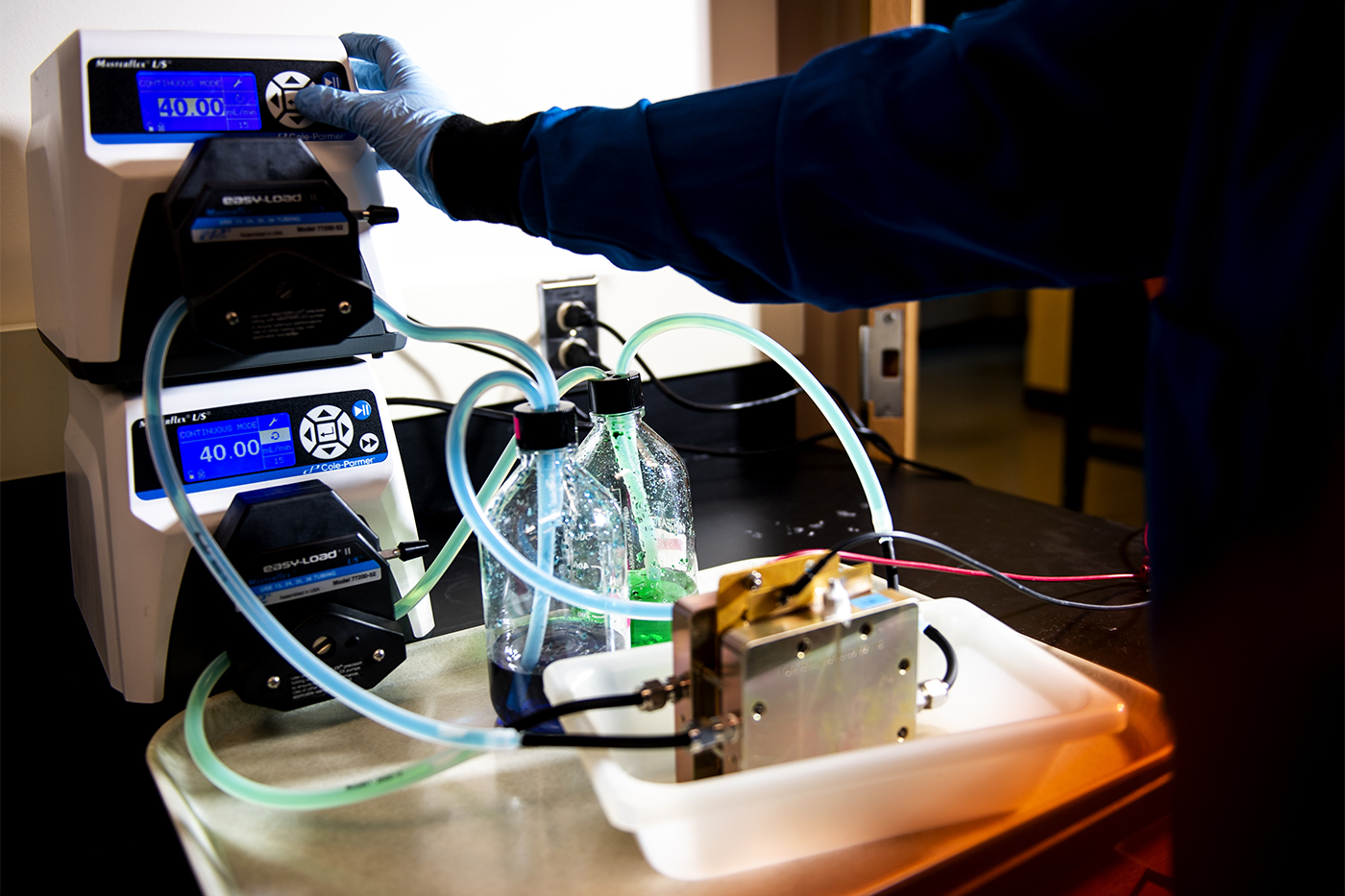
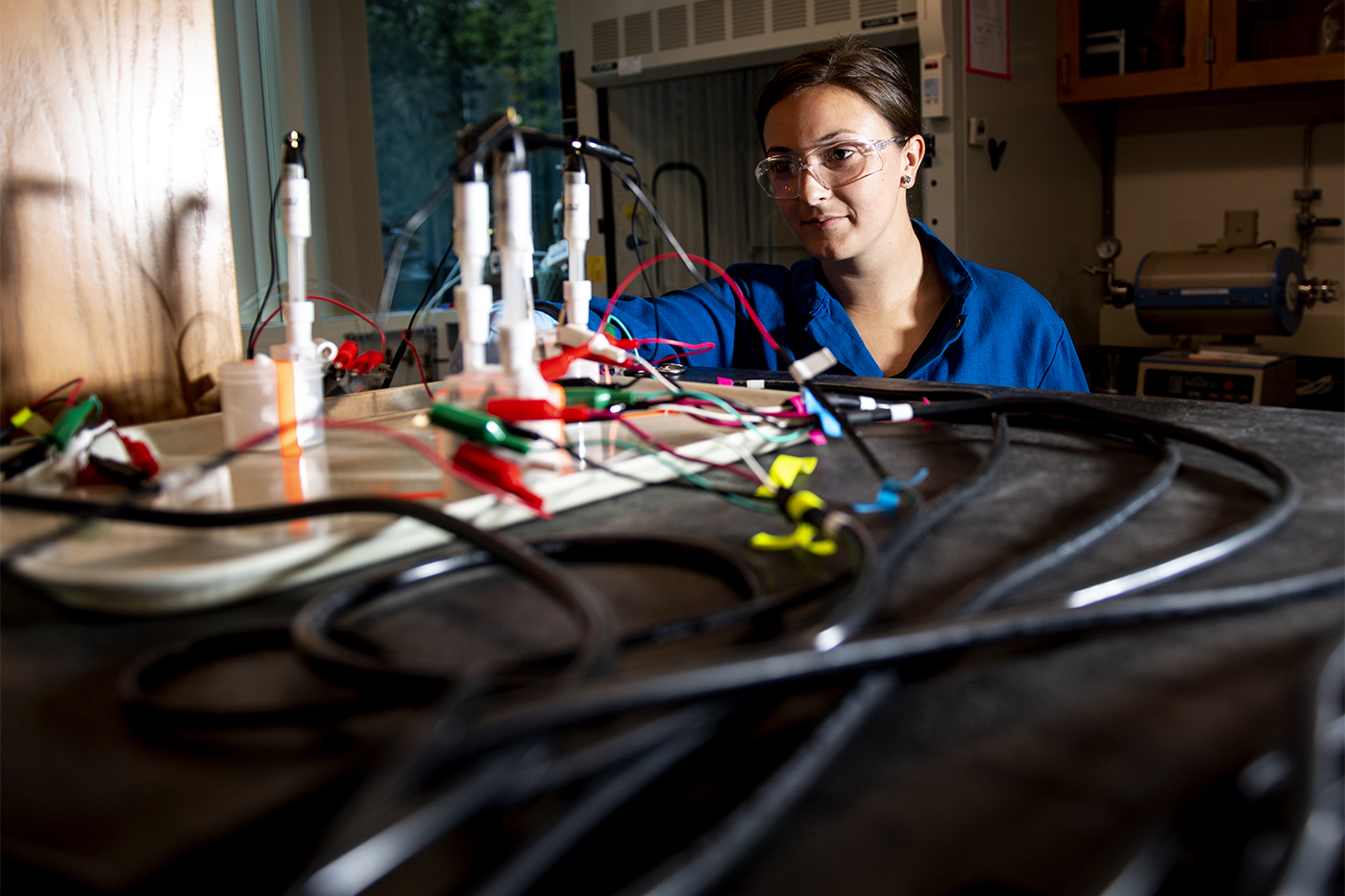
Gallaway says he understands how valuable research is for students. His own experience as an undergraduate researcher has been the single, most important part of his preparation as a scientist. And, he says, he sees a similar theme in the undergraduates who are developing and polishing key scientific skills in his lab.
Catalina, who had done co-ops in other industry labs before joining Gallaway’s lab, was looking for on-campus research last summer. So, she says, she decided to reach out to Gallaway to work on his redox flow battery project to create large-scale, renewable energy storage.
“Absolutely ideally, I want to create a battery that has the potential to enable renewable energy to replace fossil fuels on the grid,” says Catalina, who will also be presenting her own research on renewable batteries at the Creative Endeavor and Research Experience Symposium to Showcase Innovative Student Projects at the Boston campus Oct. 1.
As other students learn about possible opportunities for research, Catalina and Trail say they want their fellow students to understand that the most important quality they need to succeed in their research is knowing the issues they really care about.
“Your idea doesn’t have to be super solid, and you don’t have to know all of the details—only an idea that is important to you and of significance to other people,” Trail says. “And then literally just go for it and talk about it to a professor.”
Trail says she is excited to fight mental health stigmas with her study on how they influence Jamaican college students in the U.S. and Jamaica.
“The way that we go about expressing our feelings is a lot different from the people who aren’t part of these communities,” she says. “I know it is ambitious of me to say, but I really think there needs to be some sort of reform in the way that people in Jamaican communities talk about and address mental health.”
Trail says her research into Jamaican communities required a qualitative approach to research that was a departure from what she has been learning in her business classes. But, she says, it was always exciting to learn a new way to help her community.
She is now working on a different idea to conduct research on investor sentiment with a focus on Brexit-related herd behavior in the U.K.
Prioritizing their ideas got Catalina and Trail started on their research. As for the technicalities on how to do the research, they learned them on the go.
“I didn’t really know how to operate a lot of the tests that I was running in the lab initially, but you just ask somebody to show you and make sure you’re really being careful,” Catalina says.
For media inquiries, please contact media@northeastern.edu.
